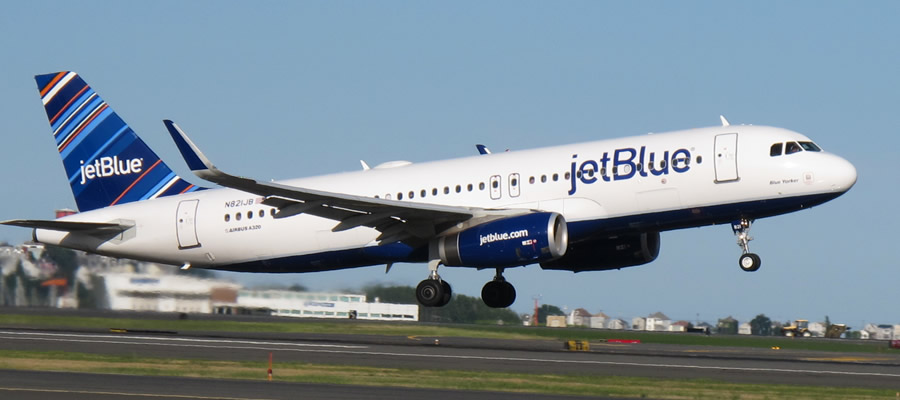JetBlue has posted a pre-tax Q2 loss of $450, versus income of $236 million for the same period in 2020.
Revenue in Q2 for the US carrier fell 90% year-on-year as a result of the impact of COVID-19. Traffic volumes and yields improved in May and June from an April low.
The firm said that it has slashed operating expenses by 66% year over year, which saw it reduce Q2 costs by over $900 million.
The market response to JetBlue’s figures was muted, but an analyst note by Cowen attributed this “investor fatigue”, rather than any positive sentiment for the airline.
“JetBlue's stock is flat to up slightly in early morning trading despite results below expectations and a higher than expected revenue headwind in 3Q20,” Cowen said in a note on the firm’s results.
“The lack of negative reaction is likely more investor fatigue than fundamental, as much of the negative news associated with 3Q20 was digested last week when the vast majority of airlines reported 2Q20 results.
JetBlue's network strategy lends itself to additional headwinds given East Coast bias with hubs in NYC, Boston, and Fort Lauderdale. JetBlue is proactively reducing schedules in late July and August, given weak demand. From a liquidity standpoint, the company is well positioned to weather the storm in the near term,” Cowen added.

